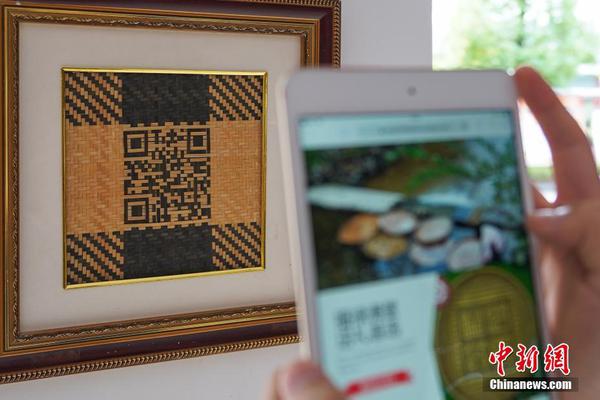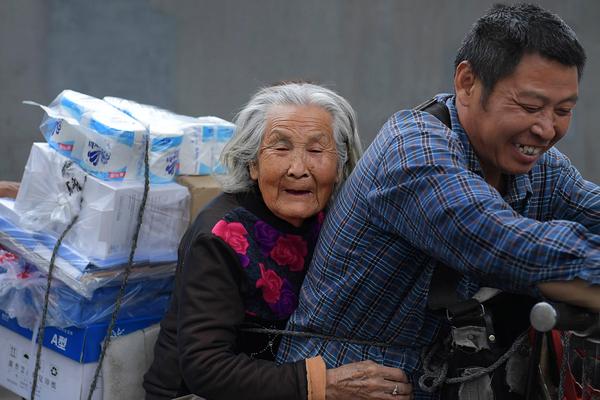WhatsApp is Moviesexperimenting with a big change to one of its most popular features.
The messaging app is now testing an algorithm for Status that will sort updates by relevance, rather than chronological order. WhatsApp is starting to test the feature now with a small subset of iPhone users in Brazil, Spain, and India, and plans to roll it out more broadly in the future, according to sources familiar with the company's plans.
SEE ALSO: You can now unsend your Facebook messages if you're quick enoughThe new algorithmic sorting will order WhatsApp's Status updates -- that's the messaging app's version of Stories -- based on whose update is likely to be most relevant. Up until now, updates have been placed in reverse chronological order, with the most recent Status appearing first.
But this method can be unwieldy for some, as it gives preference to the people who post most often. Instead, the new algorithm will take a variety of signals into account, such as whose Statuses you frequently view and interact with, as well as who you message with the most often.
If it was any other app, this kind of change wouldn't be particularly surprising. But WhatsApp is somewhat different from its counterparts in that it emphasizes privacy. Unlike Facebook and Instagram, the encrypted messaging app doesn't collect very much data on its users. The new algorithm won't change that, as the information it needs to make its determinations will be kept on users' phones, and won't touch WhatsApp's servers (if you have backups enabled, your preferences will be saved as part of the backup, however).
Still, Facebook has a messy history with algorithms. When Facebook first moved News Feed to an algorithmic feed it was almost immediately unpopular, and Instagram's algorithm is still so hated in some corners, the company has had to repeatedly quash rumors that it isn't intentionally burying posts.
Of course, Status already tends to be a little more curated than the typical social media feed, since you only see updates when both people have each other saved in their contacts list. And the group you message with is likely smaller than the typical Facebook or Instagram feed to begin with. So it's possible the effects of an algorithm might not be as dramatic.
But even the smallest tweaks can prove to be controversial when you have more than 450 million people using a feature every day. That's likely why this is a change that will be introduced slowly. After its initial tests with iPhone users in Spain, Brazil, and India, the company will begin tests with Android. Those early tests will help inform any tweaks that need to be made before it might be ready for a full, official launch.
Topics Facebook Social Media WhatsApp
(Editor: {typename type="name"/})
 Best keyboard deals: Save on Asus gaming keyboards at Amazon
Best keyboard deals: Save on Asus gaming keyboards at Amazon
 Rare baby white koala looks for a name on Facebook
Rare baby white koala looks for a name on Facebook
 Microsoft is tired of Russian hackers' COVID
Microsoft is tired of Russian hackers' COVID
 Dating app usage is changing for the better as the pandemic rages on
Dating app usage is changing for the better as the pandemic rages on
 Today's Hurdle hints and answers for May 12, 2025
Today's Hurdle hints and answers for May 12, 2025
U.N. confirms the ocean is screwed
 The ocean isn't alright.The seas, which hold some 332,519,000 cubic miles of water, are warming, ris
...[Details]
The ocean isn't alright.The seas, which hold some 332,519,000 cubic miles of water, are warming, ris
...[Details]
CNN anchor needs a quick drink to get through Trump's last four weeks
 Fair warning: If you find yourself suddenly dizzy or if you need to take a quick break by the end of
...[Details]
Fair warning: If you find yourself suddenly dizzy or if you need to take a quick break by the end of
...[Details]
Microsoft is tired of Russian hackers' COVID
 Microsoft wants Russian and North Korean hacking groups to just cut it out already. In a Nov. 13 blo
...[Details]
Microsoft wants Russian and North Korean hacking groups to just cut it out already. In a Nov. 13 blo
...[Details]
Nintendo Game & Watch: Super Mario Bros review: Handheld history
 In a year when gaming went big, Nintendo is keeping things small.The company's answer to Microsoft a
...[Details]
In a year when gaming went big, Nintendo is keeping things small.The company's answer to Microsoft a
...[Details]
NYT Strands hints, answers for May 1
 If you're reading this, you're looking for a little help playing Strands, the New York Times' elevat
...[Details]
If you're reading this, you're looking for a little help playing Strands, the New York Times' elevat
...[Details]
The PS5 could have been so much more
 It wasn’t supposed to be like this.Ever since PlayStation 5 lead architect Mark Cerny held his
...[Details]
It wasn’t supposed to be like this.Ever since PlayStation 5 lead architect Mark Cerny held his
...[Details]
Golfer skims ball across a lake to sink ridiculously impressive hole
 Getting a hole-in-one on the golf course is always an impressive feat.But when it's your second hole
...[Details]
Getting a hole-in-one on the golf course is always an impressive feat.But when it's your second hole
...[Details]
'The Mandalorian' births a new internet STAR: Mon Cal in a sweater
 Beloved internet stars Baby Yoda and Chris Evans now have some serious competition: A Mon Calamari i
...[Details]
Beloved internet stars Baby Yoda and Chris Evans now have some serious competition: A Mon Calamari i
...[Details]
Best portable power station deal: Save 44% on the Jackery Explorer 100 v2
 SAVE OVER $350: As of May 8, the Jackery Explorer 1000 v2 power station is on sale for $448.99, down
...[Details]
SAVE OVER $350: As of May 8, the Jackery Explorer 1000 v2 power station is on sale for $448.99, down
...[Details]
Elon Musk, others sign open letter to UN asking to ban killer robots
 Elon Musk, Google DeepMind co-founder Mustafa Suleyman, and 114 other leading AI and robotics expert
...[Details]
Elon Musk, Google DeepMind co-founder Mustafa Suleyman, and 114 other leading AI and robotics expert
...[Details]
接受PR>=1、BR>=1,流量相当,内容相关类链接。